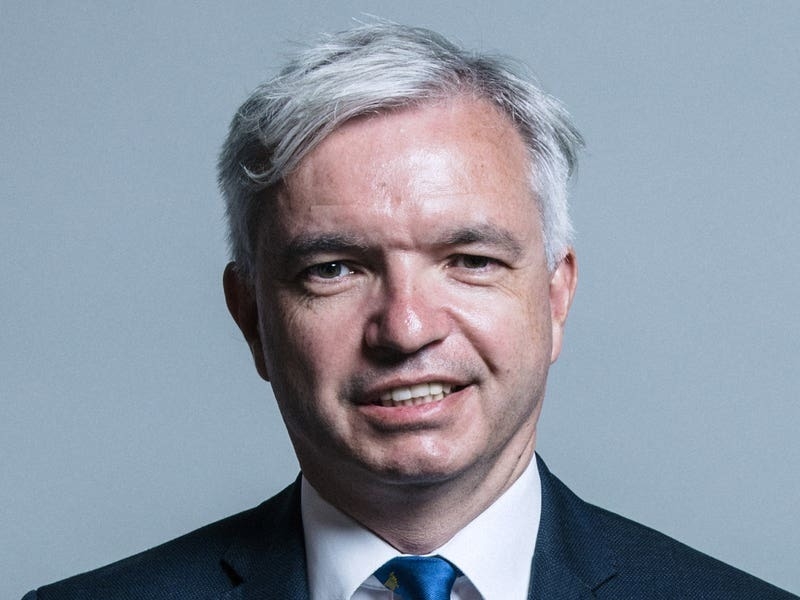Better housing options, tackling low staff pay and making care more affordable are issues raised in a new road map for the future of social care as a sector leader warned it has never been “so close to breaking point”.
Now is the time to act to reform the system of care and support in England, a publication commissioned by the Association of Directors of Adult Social Services (Adass) said.
The report acknowledged that the current context is “challenging” and delivering on its vision will require some fundamental changes and “significant increases” in investment.
They called for social care assessments to be focused on conversations about what matters to the person and what a good life looks like to them, a streamlining of paperwork to free up social workers’ time, a pay uplift for the lowest paid care workers and plans for more diverse housing options for disabled and older adults.
The report said there is a need for change from a workforce that is “poorly paid and feels undervalued and often dissatisfied with their work, and a labour market beset with problems in both recruitment and retention”.
The paper, presented to adult social care leaders at the Adass spring seminar on Wednesday, said that among the general public “there continues to be a strong attachment to hospitals and higher recognition and value placed on NHS staff”, while in contrast there is a “very poor understanding and low awareness of social care”.
It called for the implementation of local workforce plans, including experimenting with new roles and creating opportunities for progression.
The report comes just weeks after charities, unions and other political parties accused the Government of broken promises after it announced a halving of social care workforce funding in England.
Despite a previous pledge to invest at least £500 million to “transform the way we support the social care workforce”, the Department of Health and Social Care confirmed in early April that this figure will now be £250 million.
To improve affordability of care, the report calls for a review in the short term of local charges to consider whether these could be reduced, and in the longer term a more universal system of care and support and closer alignment of entitlements to social care with those to health care.
On housing, the report urges more accessible homes, easy access to retrofitting and adaptations, and designing and building more options for homes with care and support.
Sarah McClinton, outgoing Adass president, said the issues in the sector must be urgently addressed as, after years of trying to “patch-up” social care, “we’ve run out of road”.
She said: “After decades of false dawns on reforms and funding, never in my professional career have I seen the adult care system so close to breaking point. Millions of people are in pain or distress because they aren’t getting the care they need and family and friends picking up the pieces are being pushed to the edge.”
She insisted the Government is not expected to “wave a magic wand” but said there is a need for “the political will to invest in a long-term plan to ensure good care is available to everyone, everywhere”.
She added: “And the Government must back local leaders and local people to take charge of fixing care in their communities because they know what’s needed.
“What’s impressive in this report is that despite the odds we’ve faced – the pandemic, the cost-of-living crisis, chronic underfunding – local people are showing what’s possible. But they need the backing of the whole country to make it happen everywhere.”
Report author Kate Jopling said: “We know where we want to get to. Now is the time to act; for everyone to take responsibility and have the courage to say care and support is important to them.”
Caroline Abrahams, charity director at Age UK said: “Government would do well to pay attention to this groundswell of opinion about the need for fundamental reform, while also acknowledging its responsibility to properly fund the system, give support and rights to our brilliant care workers, and live up to the promise to fix social care once and for all.”
TUC general secretary Paul Nowak said: “This is purely a political failure and the Government must respond to the calls in this report for better pay and a workforce plan.”
David Fothergill from the Local Government Association described the road map as “helpful” and said it “rightly puts people who draw on care and support at the centre, articulating the huge value and reach of social care”.
He added: “Social care needs £13 billion of additional funding to address both the short and long term challenges the sector is facing. There needs to be immediate investment to end this crisis, address unmet and under-met need and allow all people to access the health and care services they need to live an equal life.”
Miriam Deakin, director of policy and strategy at NHS Providers said: “Despite repeated commitments from the Government to address the challenges in social care, not enough is being done.”
She added: “This report shows we need greater investment in community capacity, prevention, integrated services, data and digital, and meaningful reform – as well as rewards for the workforce.
“It’s deeply concerning that national funding for the social care workforce was recently halved.”






